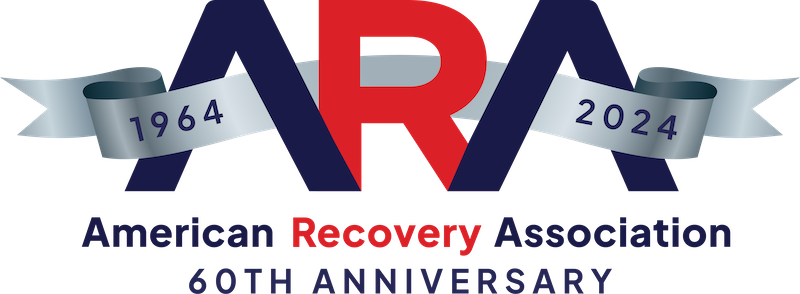Media 101 – Interacting with Journalists
Developed for American Recovery Association Members
As a value-added service to our members, ARA has retained Integrate Agency, a marketing and PR agency, to facilitate media inquiries and interviews.
The News Process
Reporters often seek sources for their stories. Sources bring credibility, insight and “life” to the news we read every day. Typically, a reporter will email or call a source directly (or through their Public Relations representative) to request their participation in the story.
If you receive a media call, you will want to gather the information outlined in the “Taking the Initial Call” section. This information will help you understand the opportunity, the reporter’s angle and your role in the story. Most importantly, this information will inform your decision whether or not to participate in the story.
Participating in a news story should be decided on a case-by-case basis. Often, media coverage can help raise visibility for your industry or company and position you as an expert in your field. However, not all media opportunities are created equal. It is critical to do your homework on the reporter and the proposed story.
If you do choose to participate in the story, call or email the reporter back to arrange an interview time for a later date. This will ensure you have time to prepare your answers.
Taking The Initial Call
- Be polite and friendly; don’t assume the reporter is writing a negative story
- Don’t let the “interview” happen during this initial call; refrain from answering any questions on the spot
- Thank the reporter for his/her interest, request more information and a good time to return their call
- Gather as much detail as you can on the following:
- What the story is about?
- Where and when will the story run?
- What is the reporter’s deadline?
- Can they tell you whom else they’ve spoken with or plan to speak with?
Preparing For The Interview
- Use Google and the Internet to do your homework on the reporter interviewing you before you speak with him/her.
- How long have they written for the publication?
- What is their “beat” or coverage focus?
- Have they written about your industry/company in the past? If so, what have they said?
- Write out the top three messages you want to communicate during the interview.
- Be concise and avoid industry jargon
- Anecdotes go a long way in illustrating key messages
- Develop a Q&A
- After doing your homework on the reporter, write down the most likely questions you anticipate will come up – even the tough ones!
- Draft concise answers; Take the opportunity to pepper in anecdotes, statistics, proof points, customer examples and quotable “sound bites.”
- Practice, practice, practice
- Talk through your key messages several times
- Run through at least two “mock” interviews
General Interview Do’s and Don’t
- Be personable and likeable, rather than defensive; It’s a conversation, not an inquisition.
- Do not answer hypothetical questions; speak only about facts and realities.
- Don’t “fill space”; If a question is asked and answered, don’t feel compelled to fill in the “pauses” if the reporter hesitates to move on to his/her next questions.
- Never say “off the record.” Nothing is ever “off the record.”
- Take the opportunity to “bridge” to your key messages, if necessary. Example:
- Question: “Didn’t you miss your revenue targets by 10% this quarter?”
- Answer: “That’s correct, but a more important metric of our success is customer retention, which has been 98% over the past three years.”
- Don’t lie and don’t answer a question if you don’t know the answer to it. It’s okay to say, “I don’t have that exact figure, but let me get back to you.”
- Dress professionally, use good posture and avoid slang and industry jargon; Appearance is everything and sends just as strong of a message
- For broadcast interviews:
- Avoid sitting in a chair that swivels to avoid inadvertent moments during taping
- Clarify with the reporter beforehand if they’d prefer you to direct answers to them or to the camera
- The camera and/or microphone could be on at any time, so be careful with what you say and do “off the cuff”
About Integrate Agency
Integrate Agency is the marketing and public relations firm for American Recovery Association. If you receive a media call or inquiry and are unsure of how or if to proceed, please contact Julia Atkins at 512-371-8955 or jatkins@integrateagency.com. For more information on Integrate Agency and its services visit www.integrateagency.com.
